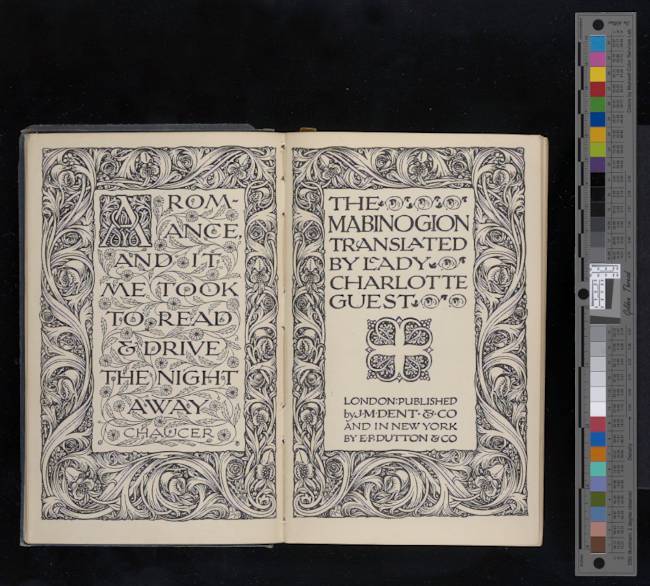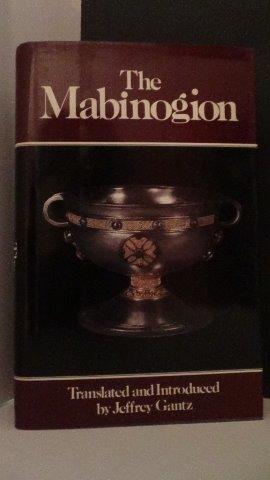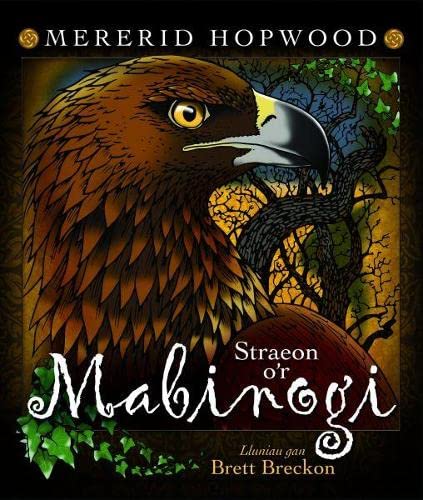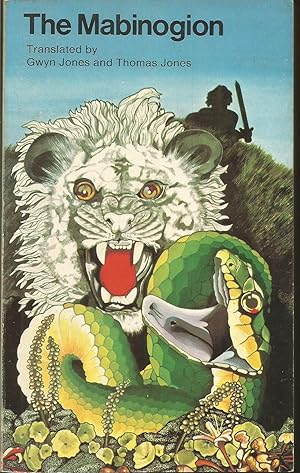Extollager
Well-Known Member
- Joined
- Aug 21, 2010
- Messages
- 9,050
Ray suggested a separate discussion on this classic. Go here
https://www.sffchronicles.com/threads/552324/#post-1905728
and to some following posts, then continue here!
My understanding is that "the Mabinogion" is sort of like the Kalevala in being a modern construction that draws together medieval materials, although I suspect Lönnrot was more creatively involved with the Finnish construction than anyone was with the Welsh.

Both works were in the old Everyman's Library series, by the way.
https://www.sffchronicles.com/threads/552324/#post-1905728
and to some following posts, then continue here!
My understanding is that "the Mabinogion" is sort of like the Kalevala in being a modern construction that draws together medieval materials, although I suspect Lönnrot was more creatively involved with the Finnish construction than anyone was with the Welsh.

Both works were in the old Everyman's Library series, by the way.




